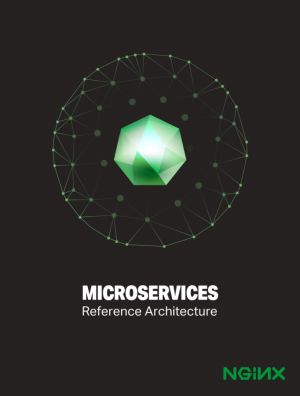Microservices Reference Architecture
by Chris Stetson
DescriptionTable of ContentsDetailsHashtagsReport an issue
We also recognize that there are many different approaches to implementing microservices, many of them novel and specific to the needs of individual development teams. We think there is a need for models to make it easier for companies to develop and deliver their own microservices‑based applications.
With all this in mind, we have developed the NGINX Microservices Reference Architecture (MRA) - a set of models that you can use to create your own microservices applications. 





Book Description
The move to microservices is a seismic shift in web application development and delivery. Because we believe moving to microservices is crucial to the success of our customers, we at NGINX have launched a dedicated program to develop NGINX software features and development practices in support of microservices.We also recognize that there are many different approaches to implementing microservices, many of them novel and specific to the needs of individual development teams. We think there is a need for models to make it easier for companies to develop and deliver their own microservices‑based applications.
With all this in mind, we have developed the NGINX Microservices Reference Architecture (MRA) - a set of models that you can use to create your own microservices applications.
This open book is licensed under a Open Publication License (OPL). You can download Microservices Reference Architecture ebook for free in PDF format (1.7 MB).
Table of Contents
Chapter 1
NGINX Microservices Reference Architecture Overview
Chapter 2
The Proxy Model
Chapter 3
The Router Mesh Model
Chapter 4
The Fabric Model
Chapter 5
Adapting the Twelve‑Factor App for Microservices
Chapter 6
Implementing the Circuit Breaker Pattern with NGINX Plus
Chapter 7
Building a Web Frontend for Microservices
Book Details
Title
Microservices Reference Architecture
Subject
Computer Science
Publisher
Nginx
Published
2017
Pages
58
Edition
1
Language
English
PDF Size
1.7 MB
License
Open Publication License
Related Books
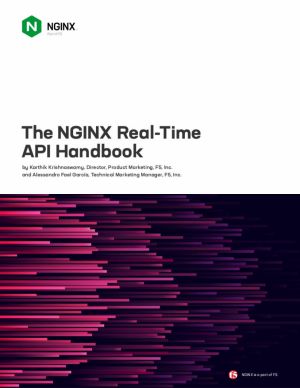
Discover how to deliver reliable, high-performance APIs with our NGINX Real-Time API Handbook. Compiled by leading experts on real-time API management, this handbook is a comprehensive guide to reducing latency in your applications and APIs without making any compromises. Learn why now, more than ever, your APIs need to perform in real time to meet...
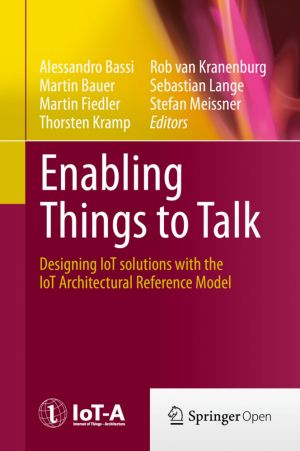
The Internet of Things (IoT) is an emerging network superstructure that will connect physical resources and actual users. It will support an ecosystem of smart applications and services bringing hyper-connectivity to our society by using augmented and rich interfaces. Whereas in the beginning IoT referred to the advent of barcodes and Radio Freque...
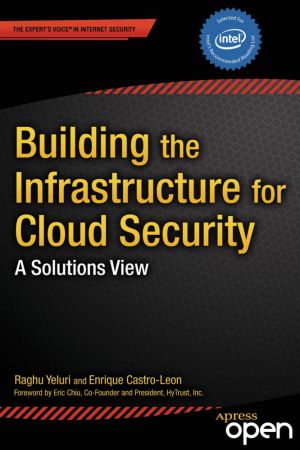
For cloud users and providers alike, security is an everyday concern, yet there are very few books covering cloud security as a main subject. This book will help address this information gap from an Information Technology solution and usage-centric view of cloud infrastructure security. The book highlights the fundamental technology components nece...
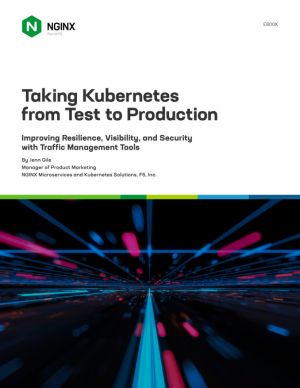
With Kubernetes came many new concepts, particularly around networking and traffic management. Alongside these new concepts were entirely new classes of tools, designed for ephemeral, containerized, and distributed application deployments. In particular, Ingress controllers and service meshes did not exist prior to the Kubernetes era. Nor were Laye...
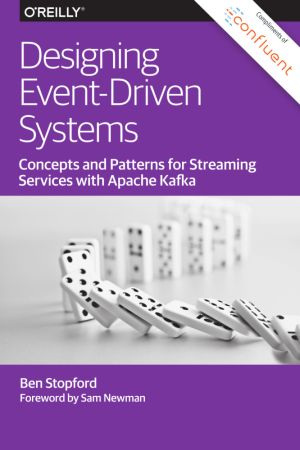
Many forces affect software today: larger datasets, geographical disparities, complex company structures, and the growing need to be fast and nimble in the face of change. Proven approaches such as service-oriented and event-driven architectures are joined by newer techniques such as microservices, reactive architectures, DevOps, and stream process...
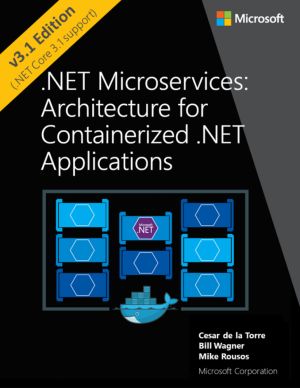
This guide is an introduction to developing microservices-based applications and managing them using containers. It discusses architectural design and implementation approaches using .NET Core and Docker containers. To make it easier to get started with containers and microservices, the guide focuses on a reference containerized and microservice-ba...

